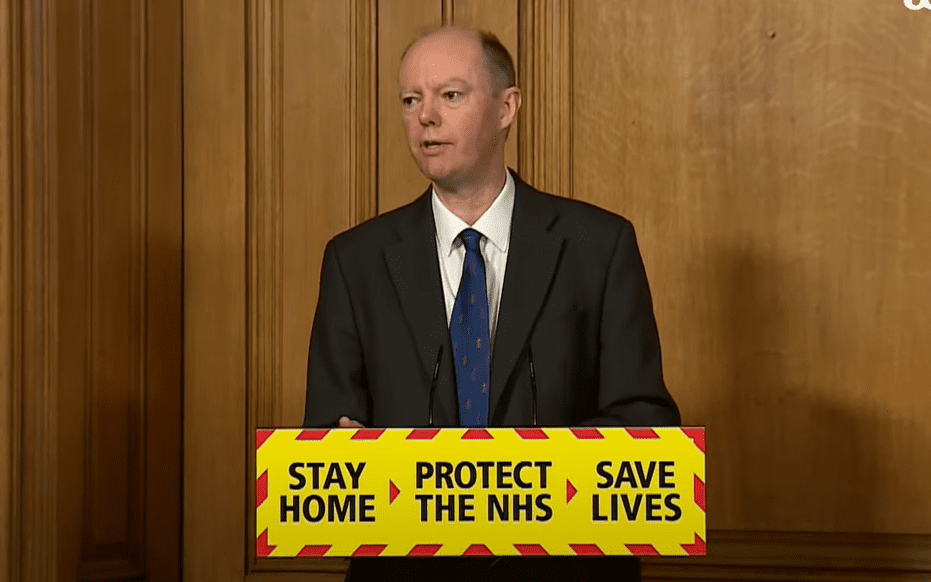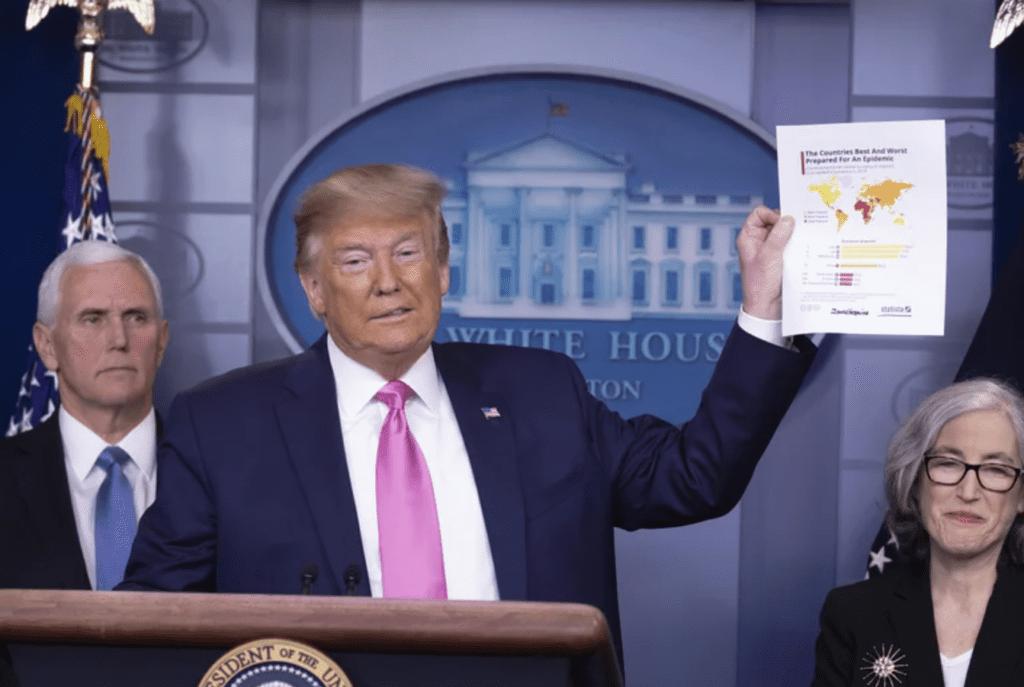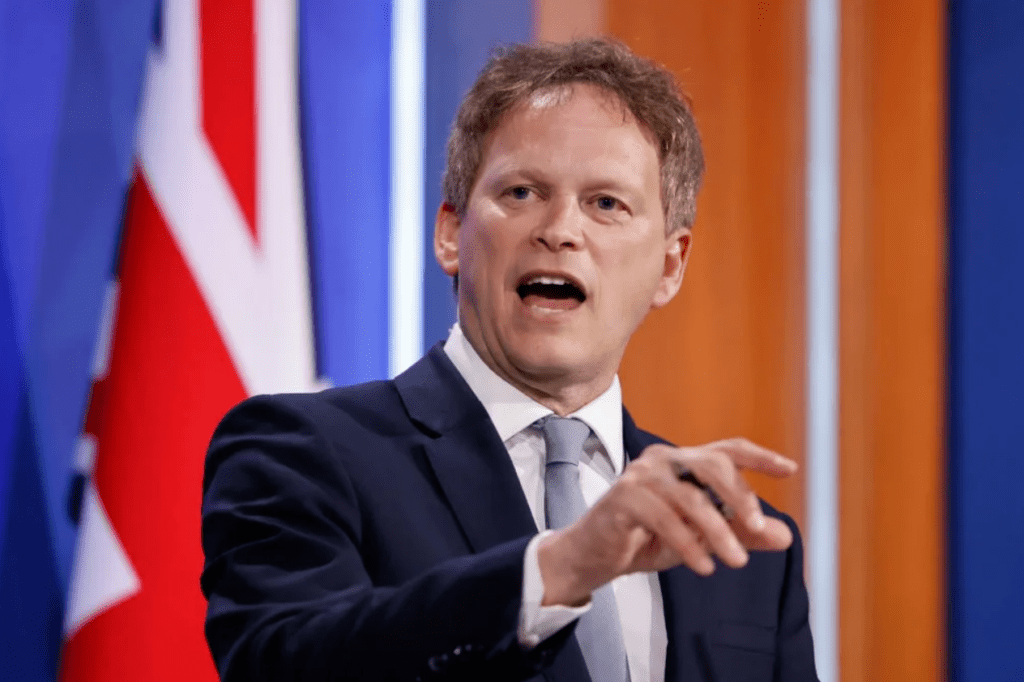

Why There Will Never Be a Reckoning for Lockdown
In a recent piece for the Daily Sceptic Toby Young asks whether “the lockdown dam is about to break“. In other words, are we about to see a sudden collapse in the general consensus that lockdowns were the right thing to do in the circumstances?
It certainly seems that a head of steam is building at the Telegraph and Spectator on the subject. But while I am sure that in 10 or 20 years it will be practically impossible to find anybody who fesses up to having supported lockdown, I’m not sure that the likes of Chris Whitty, Dominic Cummings, Matt Hancock or Neil O’Brien (the Tory MP who acted as Witchfinder General for the Government during 2020-21) will ever publicly admit that the decision to impose any of the various lockdowns or associated measures was wrong. Nor do I think it likely that we will ever have a proper public reckoning with what happened during the Covid period.
In Aesop’s famous fable, a fox, having desired some grapes but been unable to reach them on the vine despite its best efforts, suddenly discovers it did not want them after all. From this we derive the expression ‘sour grapes’, of course, but the fable is of much wider application than that. What Aesop was really describing was a particularly acute form of cognitive dissonance which affects all human beings (possibly foxes too) when confronted with their own failings.
Cognitive dissonance is a well-known psychological phenomenon describing the intense discomfort we experience when forced to hold two mutually contradictory ideas in our minds. The discomfort is indeed so severe that most people take extraordinary steps to avoid falling into such a situation, and will often force themselves to perform all kinds of mental gymnastics in order to achieve this. Hence, desiring a big slice of chocolate fudge cake, but knowing that chocolate fudge is bad for us and we should not eat it (two contradictory impulses), we suddenly fixate on foolish justifications (“well, I walked a lot today”, “I won’t eat anything sweet tomorrow”, “I’ve been under a lot of stress so I deserve a treat”, etc.) so as not to have to confront the truth: we are going to eat something that is plainly bad for us. The reality, stated simply and plainly, is just too stark, so we create little fantasies to soften it.
The worst form of cognitive dissonance is that which the fox experiences in Aesop’s fable. This is the situation in which one’s most cherished belief – that one is intelligent, rational, capable, and indeed rather special and wonderful – is plainly contradicted by failure. This is terrifying for us for the obvious reason that, if this cherished belief is forced up against the reality of failure, it may simply be irrevocably shattered. Such a disaster must be avoided, and the natural reaction that almost anybody has to their own failure is to immediately discover alternate realities in which they would have succeeded were it not for reasons X, Y and Z. “I would have succeeded in getting those grapes off the vine,” the fox reasons to itself, “but I just didn’t really want them.” The truth – it just wasn’t capable of succeeding by its own efforts and that was that – is not reconcilable with its self-image, and an internal ‘just-so story’ must therefore be invented to escape the consequences of truth and self-image colliding.
This form of cognitive dissonance faces almost the entire population of the country with respect to lockdown. For the actual decision-makers, such as Boris Johnson, Rishi Sunak, Dominic Cummings and Matt Hancock, admitting that lockdown was a mistake would be intolerable because it would mean also admitting to themselves that they made probably the biggest unforced error in peacetime history and are therefore not half as clever as they purport to be. For the hoi polloi, on the other hand, it would mean admitting to themselves that they were gullible and foolish, and in a moment of crisis simply decided to follow the herd – which, again, would hardly be a flattering self-portrait. Holding in one’s mind the notion that lockdown was a mistake is, in other words, irreconcilable with the notion that one went along with it and is an intelligent, thoughtful, rational actor. Nobody wants to experience the psychological consequences of trying to reconcile those notions, and they will therefore continue to avoid doing so.
Some people will achieve this through shifty evasions about how “none of us knew anything about the virus” at the time, “yes, but the backlog in the NHS would have been even worse if we had ‘let the virus rip’”, “we were just following the science”, “all the other countries in the world were doing it”, and so on. Readers of this site will be very familiar with this kind of baloney – we’ve heard a great deal of it.
Other people will avoid the dissonance through the classic smokescreen technique: getting angry. Dominic Cummings, for example, frequently exhibits this sort of posture – most recently in his response to Rishi Sunak’s comments about lockdown, in which he called the former Chancellor’s position “dangerous rubbish” and accused him of having a “melted brain”.
But the vast majority of people will, I suspect, avoid it through the most tried and tested measure of all – forgetfulness. Readers will already have noticed that a kind of collective amnesia has set in when it comes to lockdown, so much so that its consequences are barely mentioned even when they are plainly evident, as in the case of skyrocketing inflation. The entire affair now seems to register with most people, if at all, as a dimly-remembered dream – and, indeed, Covid itself now seems to have been ‘memory-holed’ from daily life; I’m not sure I can remember the last time I even heard it come up in conversation. This is partly a function of the lightning speed with which the news cycle now rotates, of course, but mostly it’s because people – subconsciously, of course – have absolutely no incentive to remember, and every incentive to forget.
Hence, I think it very unlikely that we will see any mea culpae from pretty much anybody when it comes to the decision to enter lockdown. What I think is far more likely is the scenario I briefly sketched out at the start of this article: fast-forward a decade or so and there will barely be a sinner in the land who will admit they supported lockdown, but this will be the product of an almost entirely unconscious process. Few indeed will wish to confront the ugly truth and all that it entails, and few will ever admit to themselves – let alone anyone else – that they made a mistake in 2020.
Dr. David McGrogan is Associate Professor of Law at Northumbria Law School.







